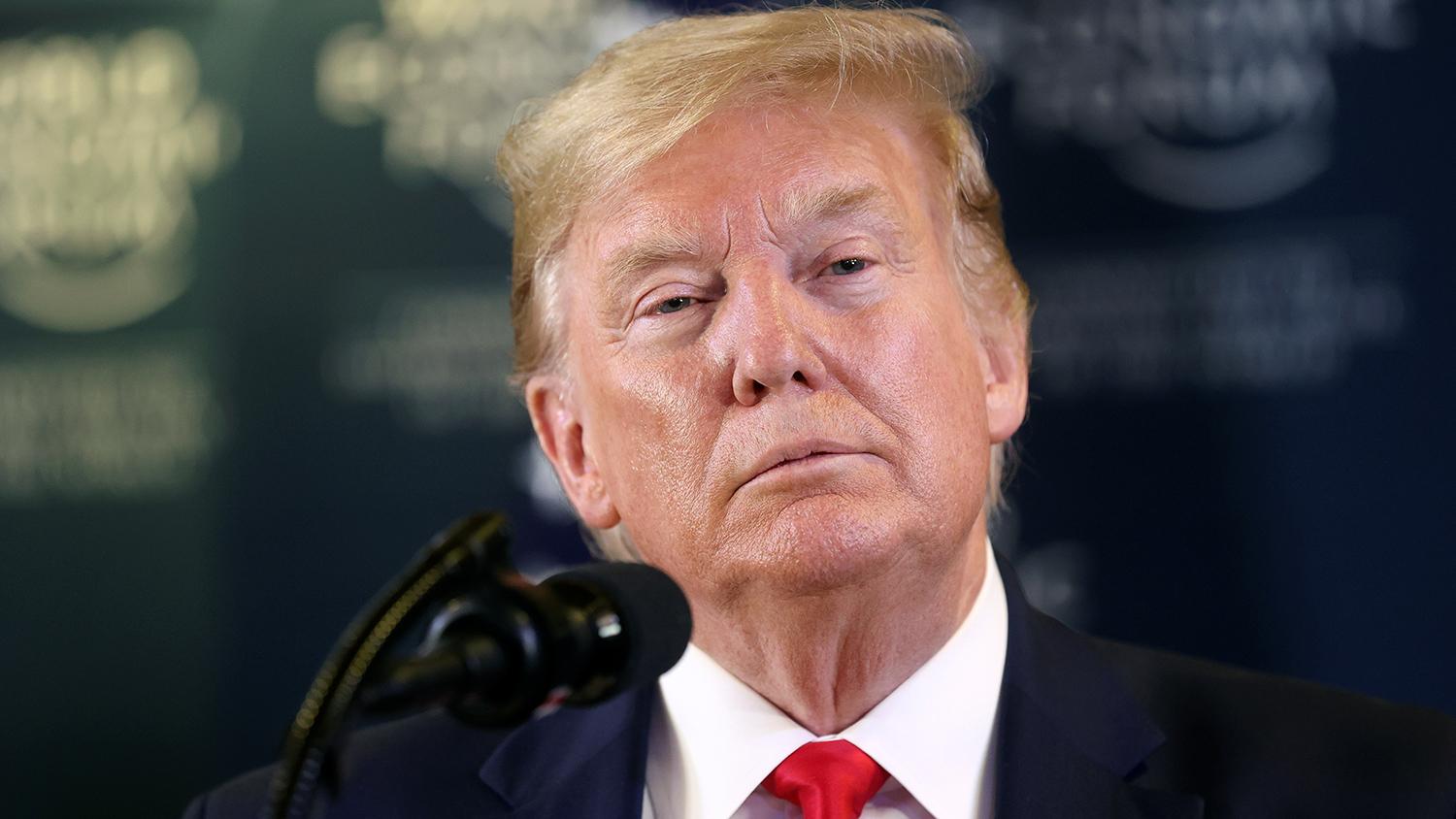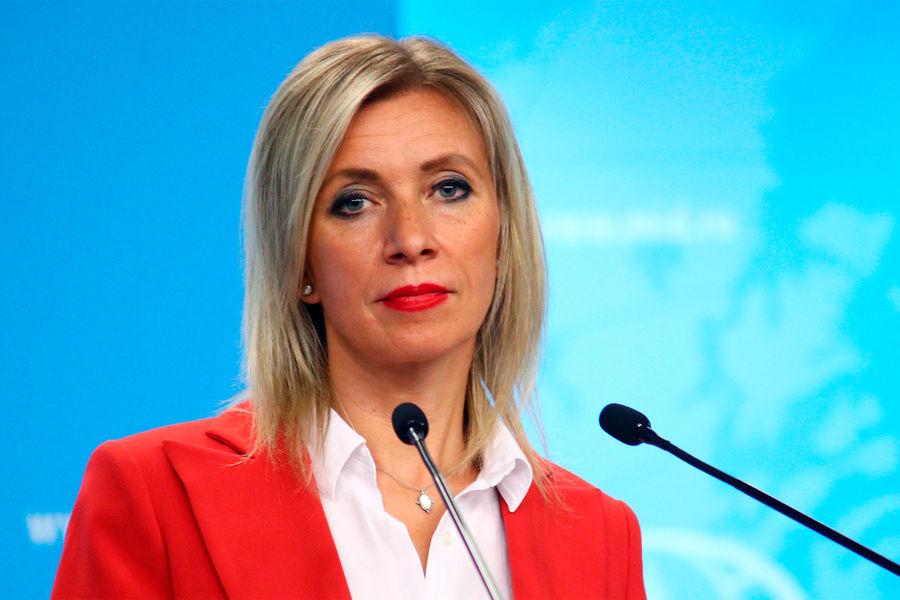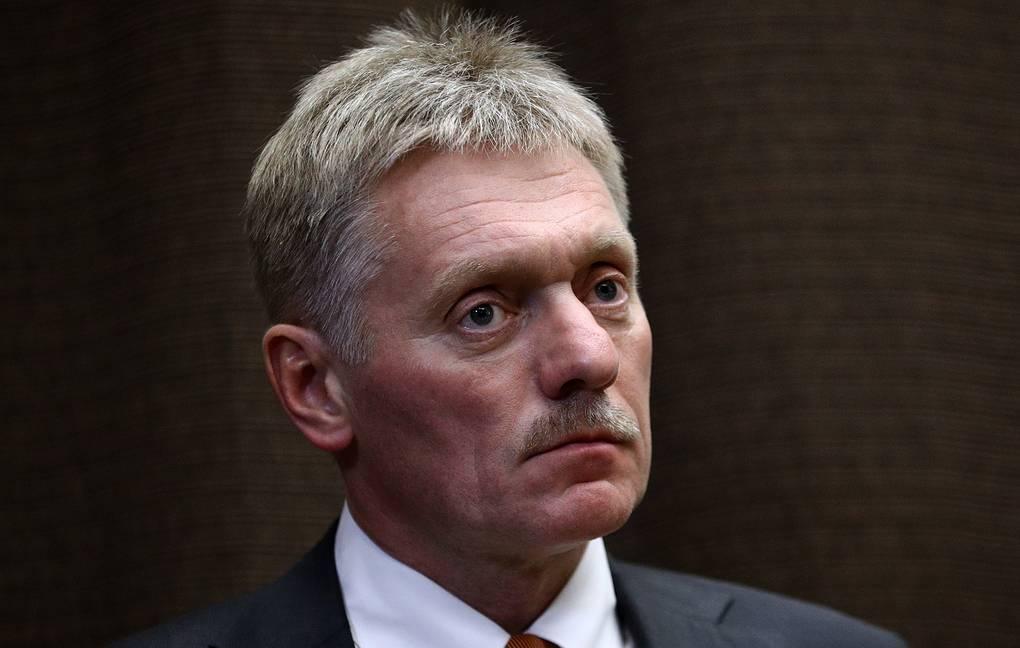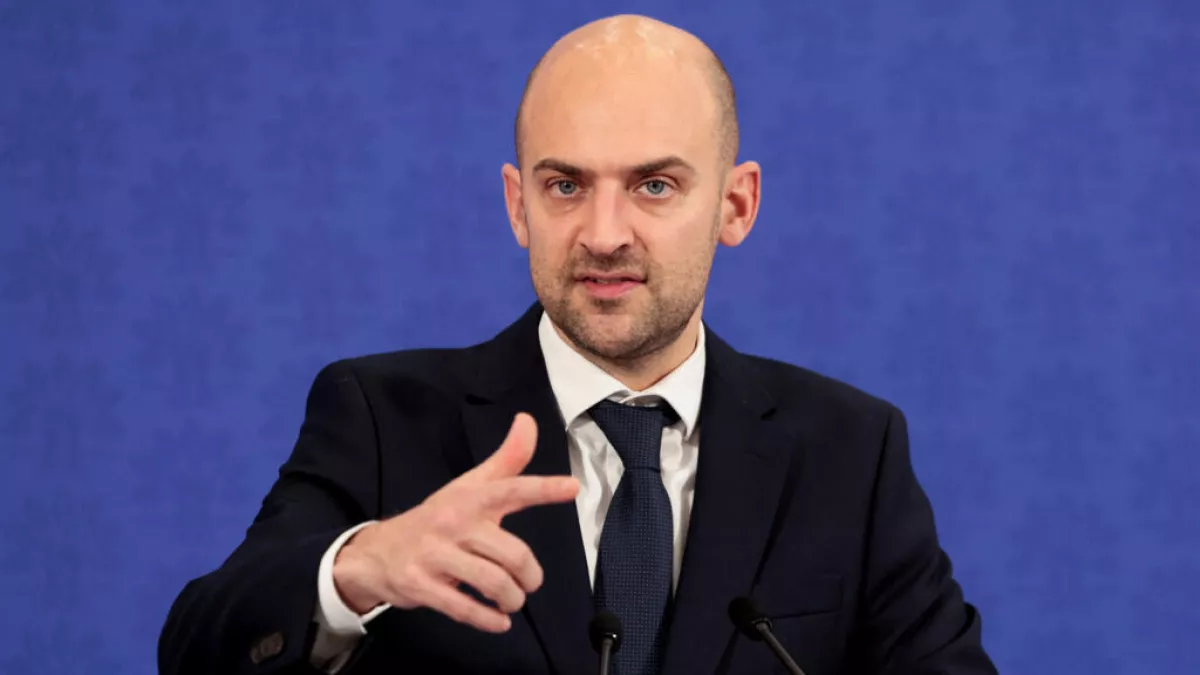The South Caucasus at the crossroads of interests Analysis
The normalisation of relations between Azerbaijan and Armenia remains one of the most pressing issues on the agenda of the South Caucasus – a region that lies at the intersection of Russian and Western interests.
Amid signs of progress between Baku and Yerevan, particularly following the recent meeting between Azerbaijani President Ilham Aliyev and Armenian Prime Minister Nikol Pashinyan in Abu Dhabi, the optimistic stance of the United States on the issue of Armenian-Azerbaijani settlement has drawn attention.

President Donald Trump has stated that the conflict between Azerbaijan and Armenia will soon be successfully and finally resolved. Speaking at a press conference alongside NATO Secretary General Mark Rutte in Washington, the U.S. President noted that the United States had made efforts to mediate the resolution between Azerbaijan and Armenia, and that these efforts would yield a positive outcome.
“It looks like that’s going to come to a conclusion — a successful conclusion,” Trump said.
Notably, similar statements from Washington, stressing the U.S. role in the normalisation of Armenian-Azerbaijani relations, have been made in the past. Back in October 2020, during his first term in office, Trump suggested that resolving the conflict between Armenia and Azerbaijan was a simple task, even promising that the United States would handle it.
During a campaign rally in New Hampshire, Trump stated that Washington would assist in resolving the conflict between Armenia and Azerbaijan over Karabakh, describing it as an “easy one” that could be handled effectively with the right expertise. He urged the audience to spread the message, expressing confidence in a quick resolution.
Naturally, U.S. interest in the South Caucasus raises serious concern in Russia, which traditionally views the region as its sphere of influence. This is evident from Moscow’s latest negative reaction: Russian Foreign Ministry spokesperson Maria Zakharova once again lashed out at the West for its “interference in the Armenian-Azerbaijani settlement process.”

“The West wants to shift the normalisation process between Baku and Yerevan onto its own track, which could lead to a destabilisation of the region,” she stated, urging that “signals from Western capitals should not be taken at face value,” and adding that “behind the West’s seemingly noble intentions lie purely opportunistic objectives.”
According to her, the West is seeking to remove the Armenian-Azerbaijani normalisation process from its regional context, even as the two South Caucasus countries are working towards constructive solutions on their own.
Zakharova also emphasised that Russia respects the choice of Azerbaijan and Armenia to conduct a bilateral dialogue without Russian mediation and remains ready to provide its partners with the necessary support across the full range of issues – including offering a platform for consultations and the signing of a peace agreement.
Judging by the statements of the official representative of the Russian Foreign Ministry, it becomes clear that Moscow is deeply concerned that the United States may seize the initiative from Russia in offering a venue for signing a peace agreement between Baku and Yerevan.
This concern is echoed in the remarks of Russian presidential spokesperson Dmitry Peskov, who told reporters that Russia is prepared to support the efforts of Azerbaijan and Armenia and to assist in reaching a peace deal.

“We hope that Baku and Yerevan will reach the signing of a peace agreement as soon as possible. At the same time, we maintain our readiness—if requested—to provide any assistance to this process,” he stressed, also touching on the issue of the Zangezur corridor.
“The situation surrounding the Zangezur corridor is a sovereign matter between Azerbaijan and Armenia,” the Kremlin spokesman said.
Taking into account the latest statements by Russian officials, several conclusions can be drawn regarding Moscow’s position on the normalisation of Azerbaijani-Armenian relations.
First, the Kremlin is clearly interested in Baku and Yerevan reaching a peace agreement based on the trilateral accords brokered with Russia’s involvement. Maria Zakharova has consistently emphasised that it was with Russia’s mediation that a “roadmap” was developed, covering all strategic areas—including the unblocking of transport and economic links in the region, border delimitation, and the drafting of a peace treaty.
Second, it is of fundamental importance to Moscow that the peace agreement between Azerbaijan and Armenia be signed on Russian soil—and by no means in Brussels or Washington. However, given recent developments in Azerbaijan–Russia relations, this currently appears rather unlikely.
Third, there is every reason to believe that Moscow’s harsh messages directed at the West are primarily aimed at Armenia, which maintains a strategic partnership with the United States as well as close ties with France.

It is worth recalling that in May of this year, the French Foreign Minister Jean-Noël Barrot, during a press conference with his Armenian counterpart Ararat Mirzoyan in Yerevan, announced that Armenia and France plan to formally document their already existing strategic relationship.
Another source of concern for the Kremlin was Armenian Prime Minister Nikol Pashinyan’s recent European tour to Paris and Brussels, after which Moscow once again resorted to a policy of “soft pressure” on Yerevan.
What Russia hopes to achieve from Armenia using these tools remains to be seen. However, considering Yerevan’s tendency to “sit on two chairs,” the Armenian side is unlikely to make a definitive choice regarding its future foreign policy direction. On the other hand, it is still unknown what sort of outcome Prime Minister Pashinyan returned with from Moscow.








